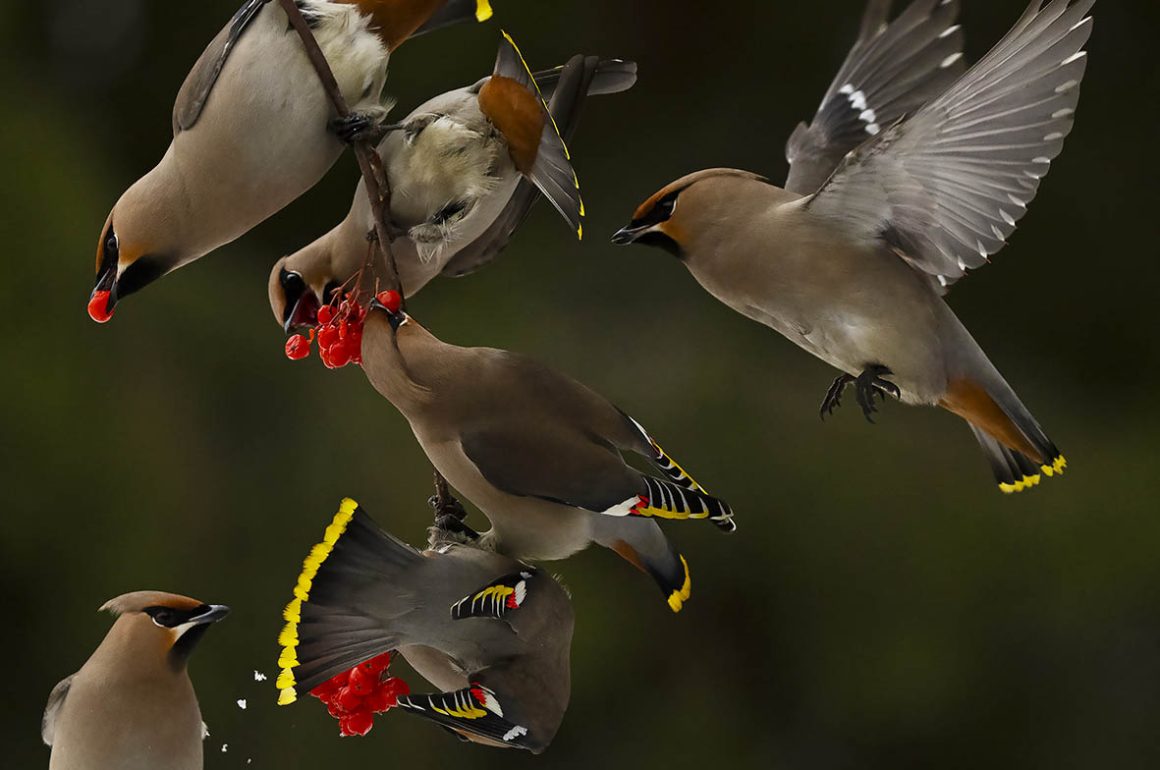
Many birds are reaching us now for the winter. Here, they join the local residents in finding ways of making it through the winter months. Conditions here in Gibraltar are not that severe, temperatures not usually dropping below +15oC for very long. All the same, insects are not as abundant as they are in spring and summer so alternative foods need to be found. In Gibraltar there is a wide range of Mediterranean shrubs that make up the matorral and many of these plants produce fruit. The fruit ripen, depending on the species, during the autumn and winter months. Each plant has its own time schedule and the schedule is designed to manipulate birds for their own ends.
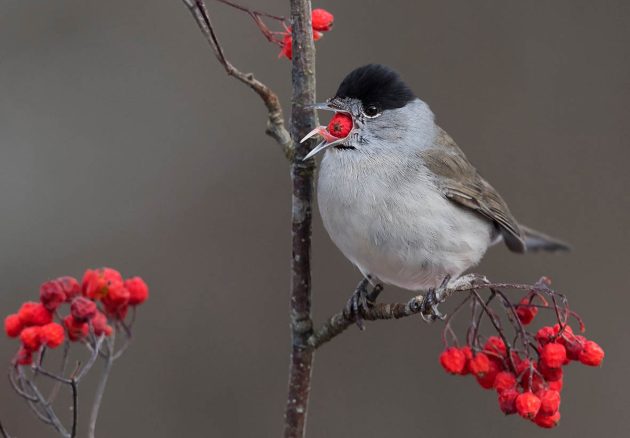
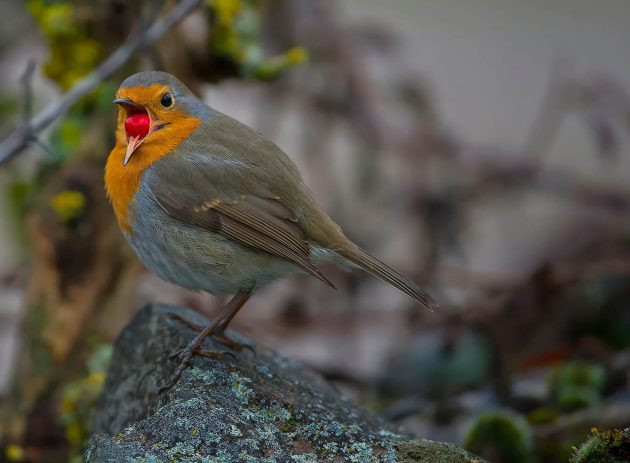
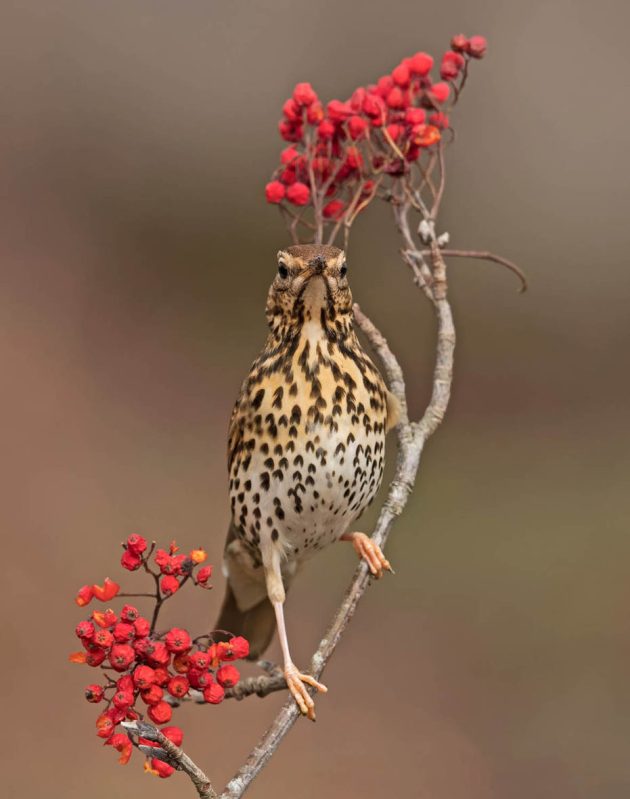
Plants manipulating birds? Yes, that’s right. Many fruit are brightly coloured and this is a way in which the plant aims to attract the birds. The plant is investing energy into producing distinctive fruit. The investment goes further: fleshy and nutritious pulp is produced – it is of no purpose to the plant other than investment. The fruit is expected to be consumed by a bird and, with it the seed. There’s the trick. The seed passes through the gut of the bird – in some cases it will not germinate if it hasn’t done so – to be deposited away from the parent plant sometime later.
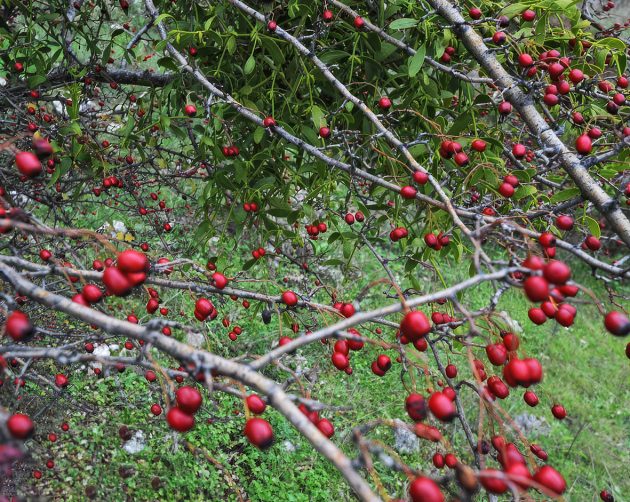
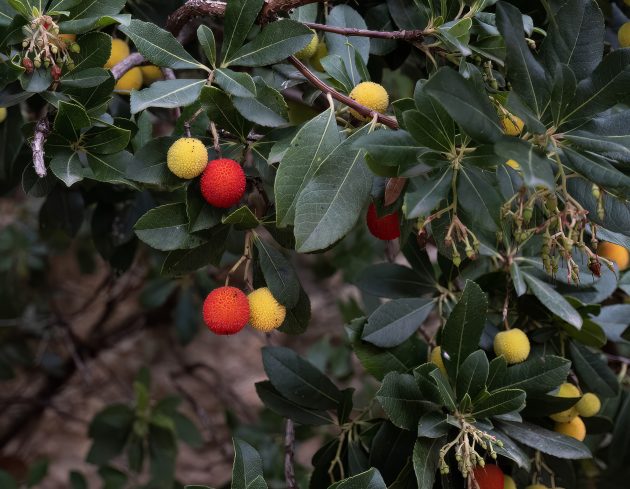
The plant has to balance its strategy. Too much pulp will suit the bird but may incur too much cost for the plant. Too little and the bird won’t take the bait. The timing is also important, ideally at a time when other plants are not themselves fruiting. So, in time, different plants have evolved the timing of fruiting to avoid competition with other plants.
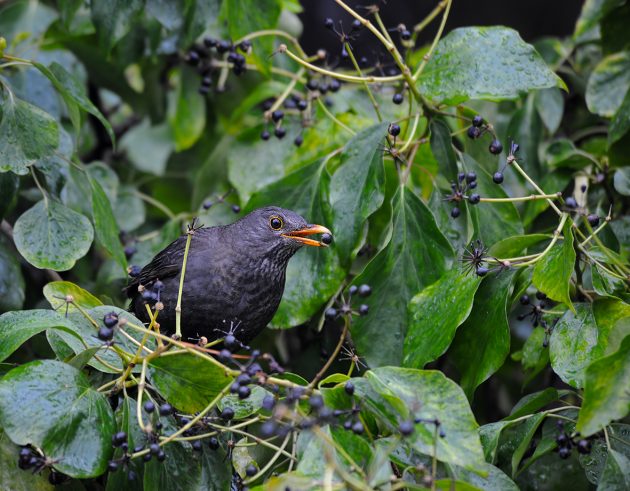
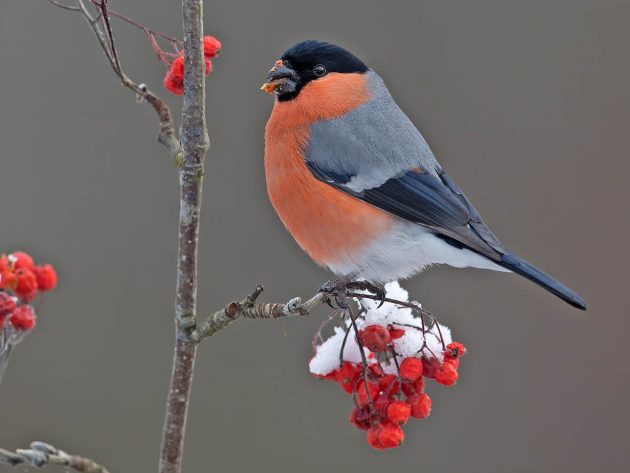
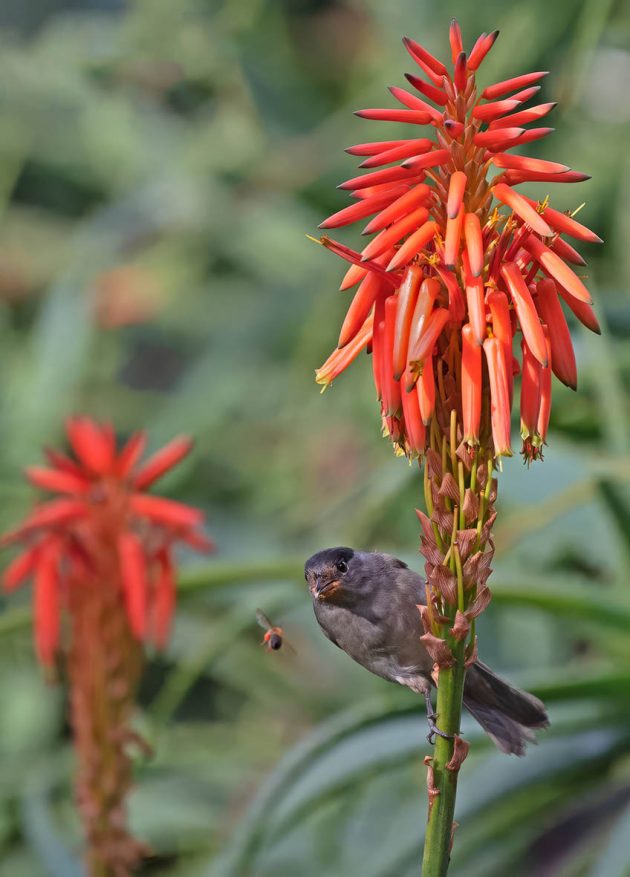
The system doesn’t always work for plants which are introduced. They may fruit at the wrong time and may not be ideally suited for the suite of birds in the new area where they don’t belong. Birds may not always play ball by swallowing the fruit and may instead just take the pulp. Although not producing fruit, South African aloes flower in the winter in Gibraltar and their bright red tube-like inflorescences aim to attract birds to their nectar, taking pollen with them. This works well with some bird species, that somehow manage to do the job of the sunbirds which the aloes have co-evolved with. But the aloes appear sterile away from their homeland and only the birds themselves benefit from the taking of the nectar. Evolution needs time and there is no quick fix.
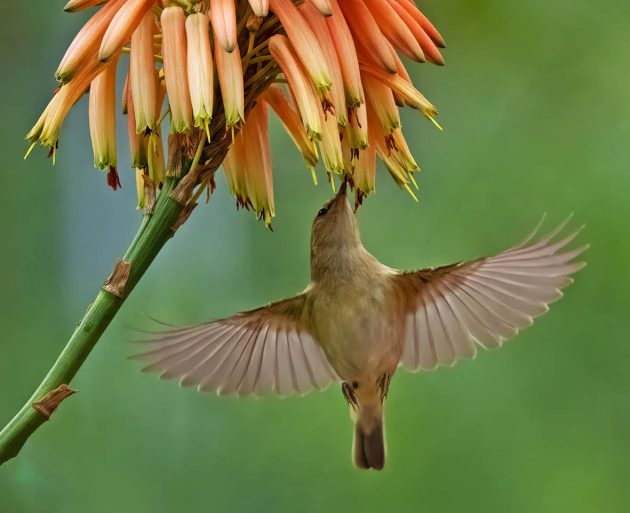
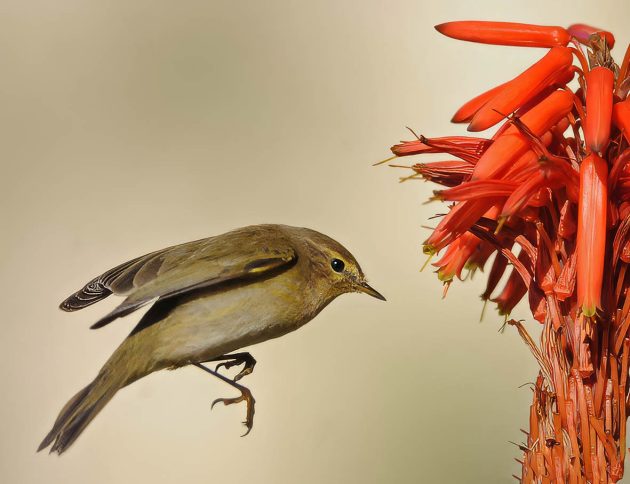







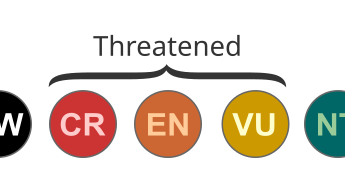


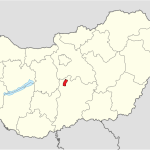


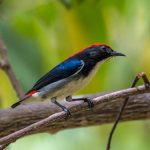
Fabulous photographs! Every Fall, we look for the seed report. If crops are poor in Northern Ontario, we hope finches will move into Southern Ontario, in search of food.
Gorgeous photos indeed!
I didn’t know that some seeds won’t germinate without passing through a bird’s gut. Somehow that cool fact escaped me! Thank you. I’ve learned something new. Your photos are lovely!
Fascinating piece, and great pictures. The extinction of the Dodo in Mauritius is thought to be one of the reasons why many trees on this Indian Ocean island are endangered, as this bird was a consumer and a disperser of seeds.
I looked it up and as always the neat story of dodo eating fruit of native trees for them to germinate isn’t that neat after all (there is a kernel of truth though). Bit of a bummer but the Wikipedia page is a fountain of joy for those of you who like to read more (and more and more):
https://en.wikipedia.org/wiki/Sideroxylon_grandiflorum.
Peter, Which is why I said in some cases
I really wanted the dodo to matter… guilty conscience?